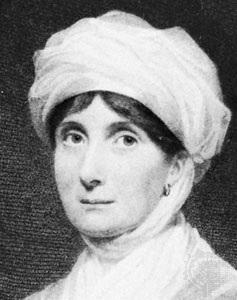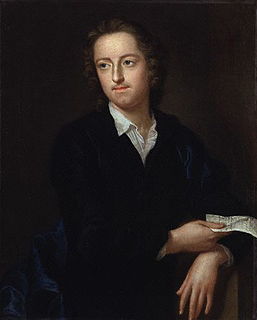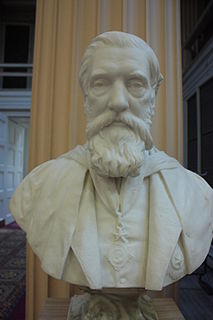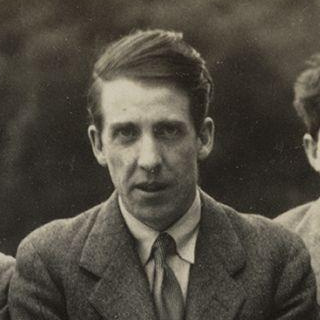A Quote by Joanna Baillie
Time never bears such moments on his wing as when he flies too swiftly to be marked.
Related Quotes
To each his suff'rings; all are men, Condemn'd alike to groan,- The tender for another's pain, Th' unfeeling for his own. Yet ah! why should they know their fate, Since sorrow never comes too late, And happiness too swiftly flies? Thought would destroy their paradise. No more; where ignorance is bliss, 'T is folly to be wise.
The first theft marked Buck as fit to survive in the hostile Northland environment. It marked his adaptability, his capacity to adjust himself to changing conditions, the lack of which would have meant swift and terrible death. It marked, further, the decay or going to pieces of his moral nature, a vain thing and a handicap in the ruthless struggle for existence.
We live, understandably enough, with the sense of urgency; our clock, like Baudelaire's, has had the hands removed and bears the legend, "It is later than you think." But with us it is always a little too late for mind, yet never too late for honest stupidity; always a little too late for understanding, never too late for righteous, bewildered wrath; always too late for thought, never too late for naïve moralizing. We seem to like to condemn our finest but not our worst qualities by pitting them against the exigency of time.
Gummi Bears was actually an adventure comedy. It was great fun, it had this terrific backstory, a show created by Jymn Magon. The candy was the inspiration for starting the show in the first place but the series that was created was really great. We felt that Gummi Bears never got the respect it deserved. I don't take any credit for Gummi Bears. Gummi Bears was up and running by the time I joined Disney. I thought it was a great show.
The pile of guts was a black blob of flies that buzzed like a saw. After a while these flies found Simon. Gorged, they alighted by his runnels of sweat and drank. They tickled under his nostrils and played leapfrog on his thighs. They were black and iridescent green and without number; and in front of Simon, the Lord of the Flies hung on his stick and grinned. At last Simon gave up and looked back; saw the white teeth and dim eyes, the blood—and his gaze was held by that ancient, inescapable recognition.







































